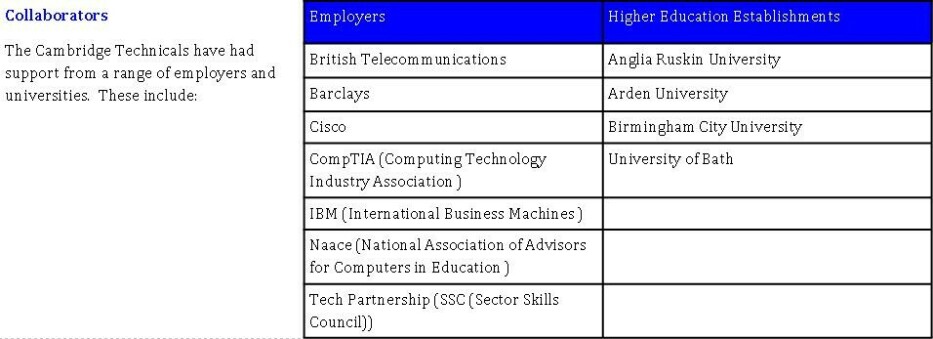*NEW FOR SEPTEMBER 2025 *
A Level Computer Science
Awarding Body AQA
The A Level AQA Computer Science course provides an in-depth exploration of computing principles, including programming, algorithms, and computer systems. Students develop problem-solving skills through practical projects and theoretical study.
This course prepares students for further studies or careers in technology and computer science fields.
Subject Staff
Mrs E Partridge (Subject Leader)
Course Requirements
Grade 6 or above in English or Maths.
Grade 6 or above in Computing or an IT qualification is preferred but not conditional
Course Description
We will cover the following over the 2 years:
1. Fundamentals of programming
2. Fundamentals of data structures
3. Fundamentals of algorithms
4. Theory of computation
5. Fundamentals of data representation
6. Fundamentals of computer systems
7. Fundamentals of computer organisation and architecture
8. Consequences of uses of computing
9. Fundamentals of communication and networking
10. Fundamentals of databases
11. Big Data
12. Fundamentals of functional programming
13. Systematic approach to problem solving
14. Non-exam assessment - the computing practical project
How will I be assessed?
Paper 1:
This paper tests a student's ability to program, as well as their theoretical knowledge of Computer Science.
On-screen exam: 2 hours 30 minutes
40% of A-level
Paper 2:
This paper tests a student's ability to answer questions on topics 5-12 in the course description.
Written exam: 2 hours 30 minutes
40% of A-level
Non-Exam assessment
The non-exam assessment assesses a student's ability to use the knowledge and skills gained through the course to solve or investigate a practical problem.
75 marks
20% of A-level
Progression
Students who follow this course have gone on to a wide range of courses and careers via apprenticeships and Higher Education.
Level 3 Cambridge Technical Certificate in Information Technology
Awarding Body OCR
A Cambridge Technical Extended Certificate is a two-year vocational course that would normally be studied alongside a range of traditional A-Level programmes or other Cambridge Technical courses. The full Cambridge Technical Extended Certificate is equivalent to one A-Level. The Cambridge Technical Certificate, awarded after successful completion of one year, is equivalent to an AS-Level.
Subject Staff
Mrs E Partridge (Subject Leader)
Student Comments
“I have enjoyed the computer structure course, taking computers apart and learning about how each part works. Overall, the subject is really interesting, you learn new things that you don’t notice in everyday life that you would just take for granted. I have noticed that it helps you with life skills and teaches you new ones such as how you should communicate in a job interview as well as learning about the subject.”
Course Requirements
Grade 4 or above in English or Maths. Grade 5 or above in Computing or an IT qualification is preferred but not conditional
Course Description
We will cover the following units over the 2 years:
Unit 1: Fundamentals of IT (exam)
Unit 2: Global Information (exam)
Unit 6: Application design (coursework)
Unit 9: Product Development (coursework)
Unit 21: Web design and prototyping (coursework)
How will I be assessed?
There is a mixture of assessment. Units in Year 12 and Year 13 will be set and marked by the class teacher. Unit 1 and 2 will be externally assessed by external examinations.
Students’ work will be graded pass, Merit, Distinction or Distinction*. The Cambridge Technical Extended Certificate is equivalent to one A-Level and carries UCAS points. The Cambridge Technical Certificate, awarded after successful completion of one year, is equivalent to an AS-Level and carries UCAS points too.
Progression
Students who have followed this course have gone on to a wide range of courses and careers in apprenticeships and Higher Education courses, including programming and game design.
Employer and Higher Education Institution Recognition
The OCR Cambridge Nationals are vocationally related qualifications that take an engaging, practical and inspiring approach to learning and assessment.
They are industry relevant, geared to key sector requirements and very popular with schools and colleges because they suit such a broad range of learning styles and abilities.



